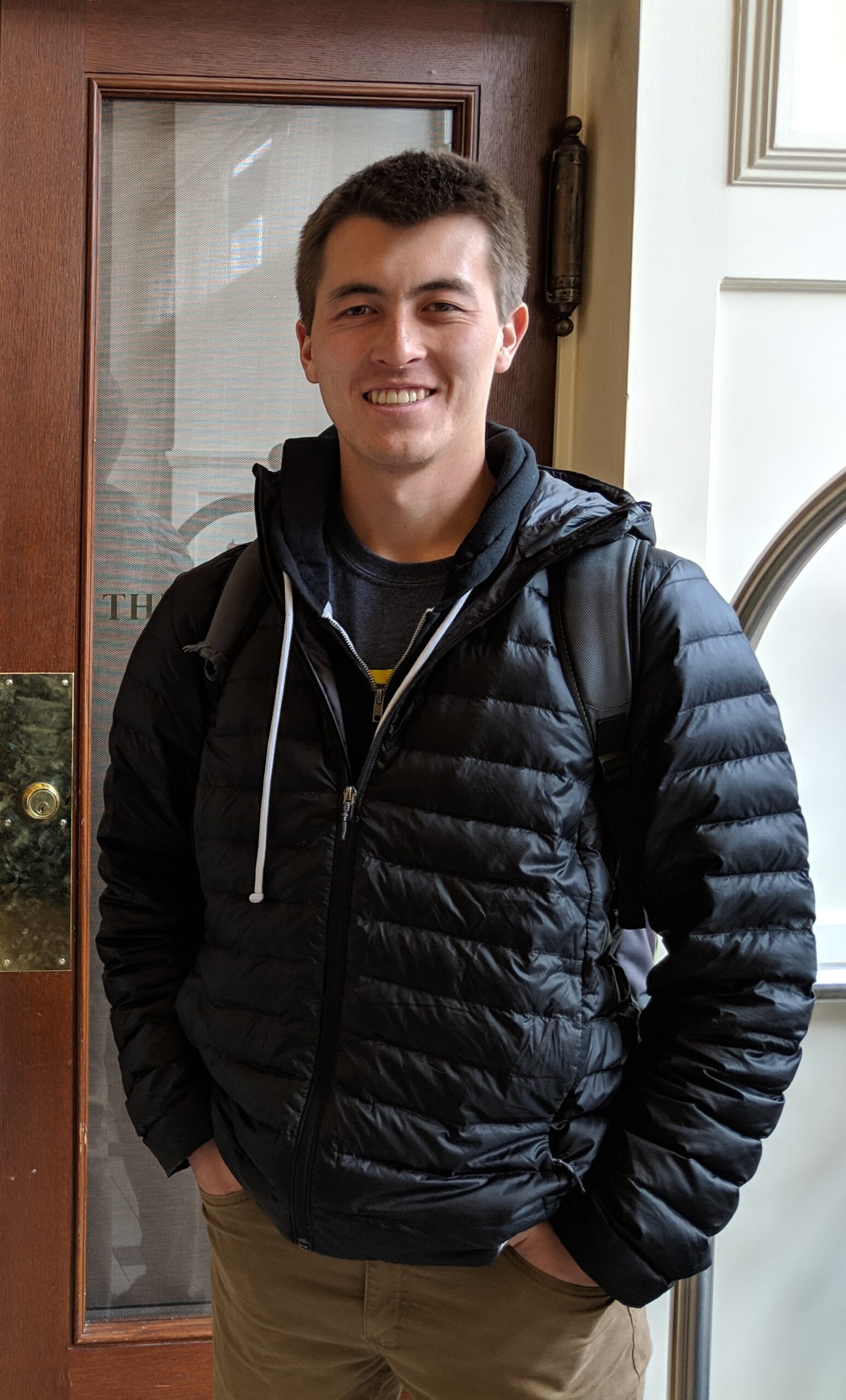Dissertation Defense
Network Models for Learning Uncertain and Multimodal Data
This event is free and open to the publicAdd to Google Calendar

PASSCODE: 572661
This dissertation enhances probabilistic machine learning by proposing new, interpretable models for uncertain and multimodal data. It focuses on data represented by networks, or graphical models, where existing methods often lack robust uncertainty quantification or do not scale well computationally. The work extends second-order learning in Bayesian networks (BNs) to estimate means and covariances for arbitrary topologies with categorical variables, validated in the context of uncertainty quantification. It also introduces the second-order loopy belief propagation (SOLBP) algorithm, which improves the efficiency of posterior inference in loopy BNs for modeling epistemic uncertainty. Additionally, the dissertation develops the first integration of the Hellinger distance metric with PHATE to model evolving topic distributions in short-text corpora. This information-geometric approach, combined with manifold learning, preserves meaningful structure in high-dimensional probability spaces. A hierarchical topic dendrogram graphical model links these evolving topics with trends in co-author networks, bridging probabilistic text modeling and network science. Overall, this work improves the interpretability and scalability of probabilistic machine learning methods for analyzing complex, high-dimensional data, and provides new tools for modeling latent structure in multimodal and incomplete datasets.
CHAIR: Professor Alfred O. Hero
 MENU
MENU 
